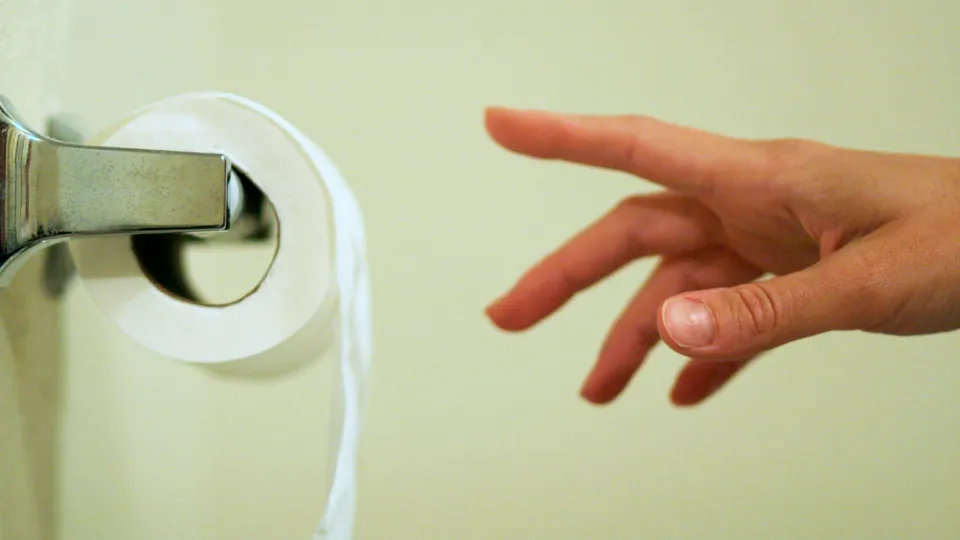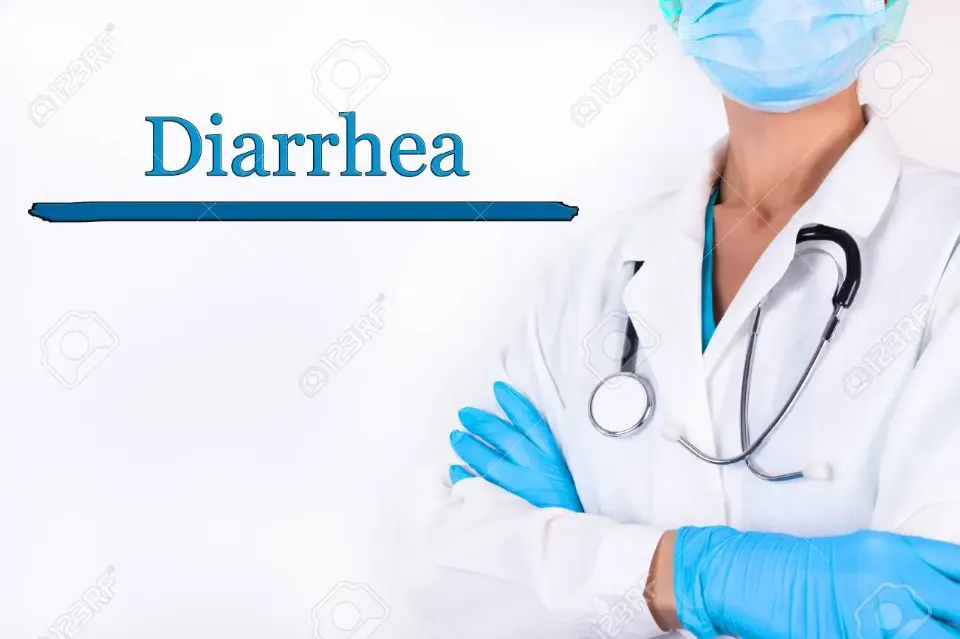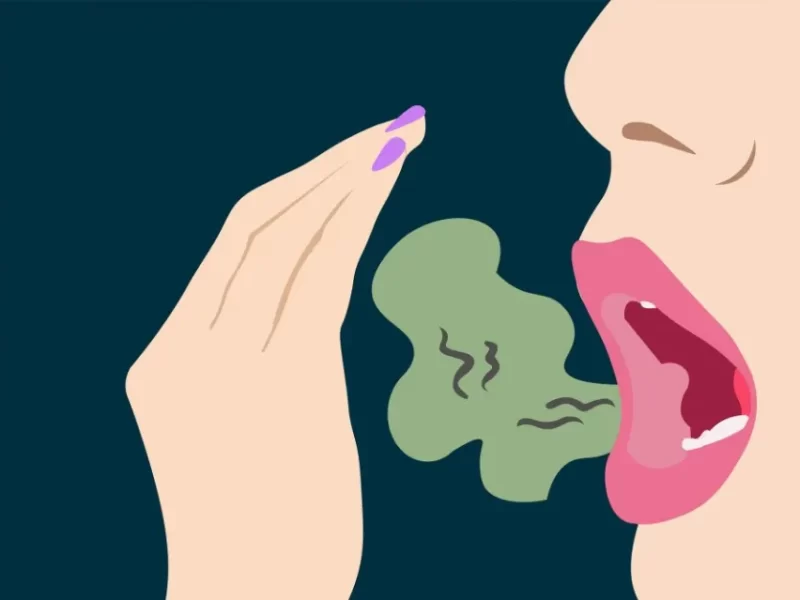Acute diarrhea cases typically get better on their own. Dehydration, which can be life-threatening if left untreated, can result from severe diarrhea (defined as more than 10 bowel movements per day or diarrhea where oral fluid intake is significantly greater than oral fluid losses). Children, elderly people, and people with compromised immune systems are particularly vulnerable to the dangers of dehydration.
Adults with the following symptoms should make an appointment with a doctor: persistent diarrhea that lasts longer than two days without getting better; excruciating abdominal or rectal pain; or other circumstances.
You might begin to question how typical your poop explosion really is once diarrhea has forced you to establish permanent residence on your toilet. Everyone experiences diarrhea occasionally, but when does it become a medical emergency? For more details, keep reading.
Read more: Diarrhea from Intermittent Fasting: How to Stop It? – Elder VIP
What is Diarrhea?
Your stools (or bowel movements) become watery and loose when you have diarrhea. It is frequent and ordinarily not dangerous.
Several times a year, diarrhea affects a lot of people. It typically lasts two to three days. Others experience it more frequently. Irritable bowel syndrome (IBS) or another condition may be the cause of this.

Diarrhea Symptoms
Diarrhea typically results from a virus entering your gut. Some people call it “intestinal flu” or “stomach flu.”
Other causes include:
- Allergies to certain foods
- Diseases of the intestines (such as Crohn’s disease or ulcerative colitis)
- Eating foods that upset the digestive system
- Infection by bacteria (the cause of most types of food poisoning) or other organisms
- Laxative abuse
- Running (Some people get “runner’s diarrhea” for reasons that aren’t clear.)
- Some cancers
- Surgery on your digestive system
- Trouble absorbing certain nutrients, also called “malabsorption”
Constipation can also be followed by diarrhea, particularly in those with IBS.
How Many Days With Diarrhea before Going to Doctor?
For a Child With These Signs and Symptoms:
- Diarrhea that doesn’t improve after 24 hours
- No wet diaper in three or more hours
- A fever of more than 102 F (39 C)
- Bloody or black stools
- A dry mouth or tongue or cries without tears
- Unusually sleepy, drowsy, unresponsive or irritable
- A sunken appearance to the abdomen, eyes or cheeks
- Skin that doesn’t flatten if pinched and released
For An Adult With These Symptoms:
- Diarrhea lasts more than two days without improvement
- Excessive thirst, dry mouth or skin, little or no urination, severe weakness, dizziness or lightheadedness, or dark-colored urine, which could indicate dehydration
- Severe abdominal or rectal pain
- Bloody or black stools
- A fever of more than 102 F (39 C)
Other Severe Signs and Symptoms:
Signs of Dehydration
Due to the significant liquid loss associated with diarrhea, dehydration can result. According to the Mayo Clinic, severe cases of dehydration can be fatal if untreated. Dehydration is uncomfortable and treatable even if you don’t reach that threshold.
The most noticeable symptoms of dehydration include extreme thirst, dry skin and mouth, infrequent or no urination (plus, dark yellow urine when you do), and feeling weak, faint, or fatigued. Visit the emergency room if you exhibit any of these symptoms in addition to diarrhea. You might need IV fluids to replenish what you’ve lost, warns Farhadi.
Have Severe Stomach
When accompanied by diarrhea, severe stomach pain can indicate a variety of problems, from a simple gas problem to appendicitis that could be fatal.
It’s going to be very difficult for you to determine the cause of this pain + diarrhea equation on your own unless you happen to be a gastroenterologist. A trip to the doctor is necessary if you have severe pain and diarrhea.
Developed Mouth Sores
According to the Mayo Clinic, this could also be a symptom of celiac disease, a condition in which consuming gluten triggers an immune reaction in the small intestine. If you also have diarrhea, don’t be tempted to write off your mouth pain as a canker sore; instead, consult a doctor to rule out anything more serious.

Treatment for Diarrhea
You may not need to take any medication if your condition is mild. Adults can take an over-the-counter medicine such as bismuth subsalicylate or loperamide, which you can get as liquids or tablets.
Staying hydrated is also important. You should consume six 8-ounce glasses of fluids or more every day. Pick soda without caffeine or electrolyte replacement beverages. Sports drinks, tea with honey, and chicken broth (without the fat) are also excellent options. Drink liquids between meals rather than along with your meals. Take frequent, small sips of liquids. Probiotics in liquid form might also be beneficial.
With all the bowel movements that diarrhea causes, your rectal area might start to hurt. When you use the restroom, you might experience stinging, burning, or pain.
For relief, take a warm bath or sitz bath. Then, using a clean, soft towel, pat the area dry (do not rub). You could also try applying petroleum jelly or hemorrhoid cream to the affected area. You should call your doctor if this persists for several days.
Summary
So, as an adult, if you have diarrhea for more than two days and it doesn’t get better, call your doctor right away. If a child is involved, this period should be cut down to one day.



